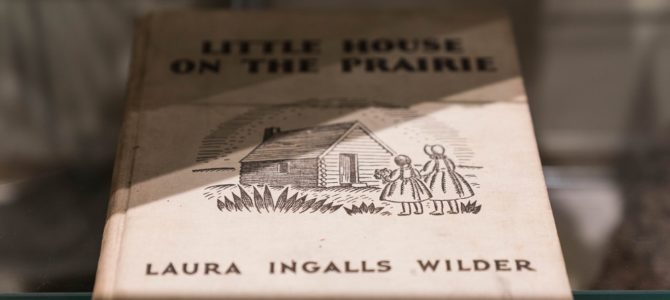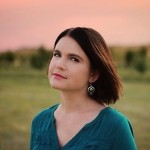
When the American Library Association renamed an award formerly bearing Laura Ingalls Wilder’s name, calling her works “dated” and racially offensive, the reaction was swift and passionate. Wilder is more than just another author for many people. She’s been a long-standing, much beloved American icon for generations of children.
Those librarians may have underestimated how large and deep the outcry would be, but stripping Wilder’s name and legacy seems to be a rallying point for many people right now. It’s more than just an award being renamed, this is a symbol of the rewriting of American history into a cleaner, more palatable and PC version.
This rewriting has also hurt the surviving members of Wilder’s family. One of them, Brian Miller, was willing to talk about how this has felt in the days after the ALA’s decision. Miller’s great-grandmother was sisters with Laura’s mother, and Miller met Laura as a child.
Scheer: What was your initial feeling upon seeing that the library association was renaming the award?
Miller: It felt like a knife in the back. As blood family with Laura, it feels like not only an attack on her but all of her family. We are honored to share her genetics and she was always an inspiration to us. We all have experienced rough times. Laura was an inspiration that helped me through the bad times.

Miller: Laura and I relate through my father’s side, but on my mother’s side her family grew up next to the Menominee Reservation in Wisconsin. I have known Native American people my whole life. Growing up, we helped each other. Laura was no different. It feels [the librarian association] are intentionally trying to rewrite things, but to me it is a distortion of how things really were. People back then had a rough time just surviving. They more concerned with that versus hatred.
Our ancestors did not have it easy. My Great Grandmother Martha hung herself in a barn. Caroline also suffered depression, as her husband would leave her on the prairie with the kids while he went elsewhere. Caroline almost went nuts being alone. And her husband did not look like Michael Landon on the TV series. He had a long beard like Z.Z. Top.
Laura’s daughter, Rose Wilder, another cousin [of mine], became quite an activist. She and two others became known as the Founding Mothers of the Libertarian movement. Quite a history. We learn through our mistakes. Each time period in history has its positives and negatives. It’s how we grow and learn. But by erasing it or sanitizing it we learn nothing.
Thirty years ago, I lost two children in a car accident. It was devastating, to say the least. No sympathy required. During those times, as a man trying to work through grief I turned to my knowledge of my ancestors. I thought on how tough things were for Laura and family, I thought of my grandfather on my mother’s side, who worked a farm with his brothers and sisters in Northern Wisconsin. During the winter when the fields were frozen, he and brothers worked the logging camps in Northern Wisconsin. A log fell off the wagon and hit his brother Stanley in the head. Killed him. Stanley was 16.
Since it was winter and the ground frozen, they took Stanley back to the farm and made a pine coffin for him. They stored Stanley in the corn crib until spring so they could dig a grave. In the early years after I lost the kids, I would spend time in Northern Wisconsin and the cemetery where my grandfather was buried. I talked to him a lot in those years. I also spent time at one of Laura’s homesteads. And I talked to her.
Just the knowledge of what they all went through in their lives and survived gave me the strength to carry on until I healed. Their suffering and hardships kept me going. If they could survive, so could I. It worked. Their strength is my strength. That is the whole purpose of the Little House on The Prairie books. To give strength and provide guidance in an at times difficult world.
I am sad to see them politicizing Laura’s words. She was an inspiration for us and was a kind, caring person. You could see it in her eyes. Since I was only six years old when she passed, I do not remember much other than the kindness in her eyes and her smile. A Native American elder who helped me through the loss of my children once told me, “Some of the Creator’s best people come from the hardest tempering.”
Truer words could not be spoken of Laura. Her life was hard, and she expressed herself the best way that she could based on the time period. Why people have to change her words to suit modern times is beyond me. History and life does not work that way. Those who have the ability to see the soul that resides within Laura’s eyes will understand. The rest belongs to history.
Scheer: Are you concerned that this might lead to fewer children having access to her books and stories in the years to come?
Miller: I think her books will remain, but they will not reflect who she was and what her life was like. That is a travesty.









